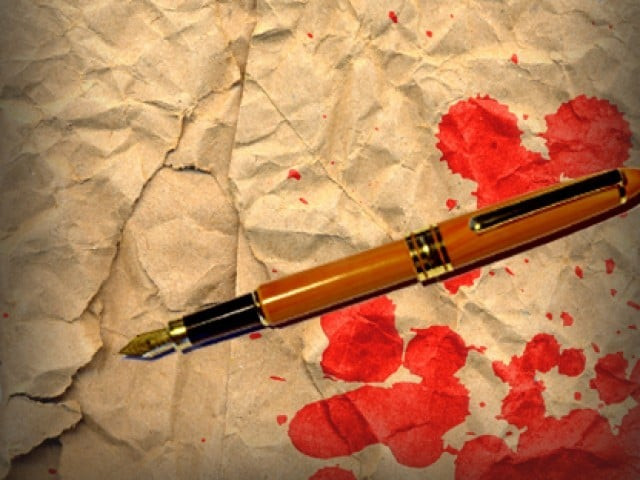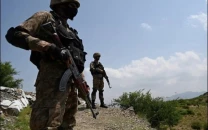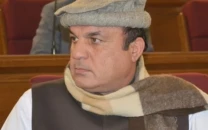A culture of impunity
Freedom of the press is a concept that in many ways in Pakistan is both partial and conditional.

Journalists lead dangerous lives in Pakistan generally, but more dangerous than most in Balochistan. This is one of the deadliest countries in the world for journalists intent on exposing corruption and malpractice, or simply reporting in an even-handed manner which ruffles the feathers of any number of armed groups that resent a critical eye being cast in their direction. ‘Reporters Without Borders’ issued its annual report in February 2014 which showed that four out of seven reporters killed in Pakistan in 2013 came from Balochistan. The report also stated that none of the cases had ever been thoroughly investigated, there had been no arrests in connection with any murder of a journalist anywhere in the country, and the successful prosecution of those who murder journalists is vanishingly small.
The Balochistan government was swift to issue a statement saying that it condemned the attack and that “it stands by journalists in this difficult time.” That is patently untrue. A falsehood. A lie. The Balochistan government provides no security for journalists anywhere in the province and never has. No murderer of a journalist has ever been brought to book, and the culture of impunity that typifies every aspect of the wholesale breach of the rule of law in the province, cloaks and protects the guilty. Journalists face daily threats to their lives and the lives of their families. Just how little the government of Balochistan cares for journalists is exemplified by the fact that the chief minister for Balochistan, Dr Malik Baloch, announced several months ago that he was forming a judicial tribunal to investigate the murders of journalists. Nothing has happened since. There is no committee, or if there is it is working completely incognito, and there are no reports of any investigations being carried out. The Pakistan Federal Union of Journalists also condemned the attack and called for the arrest of the killers — a very faint hope.
Freedom of the press is a concept that in many ways in Pakistan is both partial and conditional. It is not just the murder of journalists, it is the way in which governments both provincial and federal choose to limit freedoms. Censorship may be imposed via the growth and maintenance of a culture of fear to speak out, or it may be by direct intervention, such as the blocking of YouTube for which there can now be no justification. The offices of this newspaper in Karachi have been attacked twice with guns and grenades, and staffers from our sister TV channel were murdered as they sat in their van. Press freedom is constrained also by self-censorship, with the media houses seeking to protect their employees by not treading on sensitive toes and all of this against the background of the culture of impunity. Until that is challenged and brought down the journalists of Pakistan will continue to pay with their lives as they tell the stories that some do not want to hear.
Published in The Express Tribune, August 30th, 2014.
Like Opinion & Editorial on Facebook, follow @ETOpEd on Twitter to receive all updates on all our daily pieces.



















COMMENTS
Comments are moderated and generally will be posted if they are on-topic and not abusive.
For more information, please see our Comments FAQ